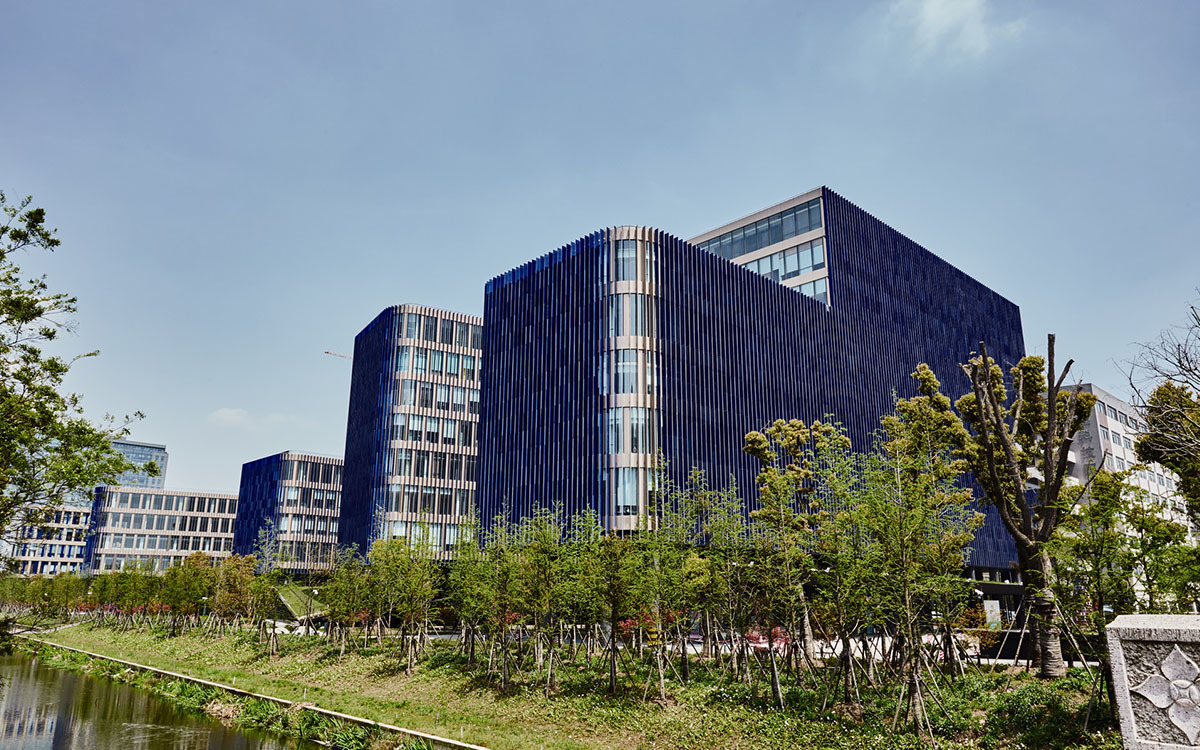Understanding 7050 Aluminum Alloy: Properties, Applications, and Benefits
The 7050 aluminum alloy is part of the 7000 series of aluminum alloys, primarily composed of zinc as the principal alloying element. This specific alloy is recognized for its high strength-to-weight ratio and excellent resistance to stress corrosion cracking, which makes it an ideal choice for demanding applications where durability and performance are critical. One of the main attributes of the 7
May 18,2025
The 7050 aluminum alloy is part of the 7000 series of aluminum alloys, primarily composed of zinc as the principal alloying element. This specific alloy is recognized for its high strength-to-weight ratio and excellent resistance to stress corrosion cracking, which makes it an ideal choice for demanding applications where durability and performance are critical.
One of the main attributes of the 7050 aluminum alloy is its ability to maintain strength during high temperatures. This is particularly advantageous in aerospace applications where materials are subjected to extreme conditions. Additionally, the alloy exhibits good machinability, allowing it to be easily shaped and formed into complex structures without compromising its mechanical properties.
The 7050 aluminum alloy is widely used in the aerospace industry for aircraft structures, including fuselage frames, wing skins, and other critical components. Its lightweight nature contributes to fuel efficiency, which is a significant concern in aviation. Furthermore, because of its exceptional strength, it can withstand the intense pressures and forces experienced during flight, ensuring safety and structural integrity.
Beyond aerospace, the 7050 aluminum alloy finds applications in the military sector, particularly in the manufacturing of armored vehicles and components that require both strength and lightweight properties. The alloy's resistance to corrosion and fatigue makes it suitable for use in marine environments as well, where exposure to harsh conditions is inevitable.
In addition to its mechanical properties, the 7050 aluminum alloy can be treated through various heat treatment processes to enhance its performance further. These treatments can significantly improve its yield strength and tensile strength, making it a versatile option for engineers and manufacturers looking to optimize their designs.
When considering the environmental impact, aluminum alloys, including 7050, are highly recyclable. This characteristic not only contributes to sustainability efforts but also provides an economic advantage in the long term. The recycling process for aluminum requires significantly less energy compared to primary production, making it a favorable choice for environmentally-conscious applications.
In summary, the 7050 aluminum alloy stands out as a high-performance material in the metallurgy and energy sectors, particularly due to its strength, lightweight nature, and resistance to corrosion. Its diverse applications, especially in aerospace and military industries, highlight its importance in modern engineering and manufacturing. Understanding the benefits and properties of this alloy can aid decision-makers in selecting the right materials for their projects.
One of the main attributes of the 7050 aluminum alloy is its ability to maintain strength during high temperatures. This is particularly advantageous in aerospace applications where materials are subjected to extreme conditions. Additionally, the alloy exhibits good machinability, allowing it to be easily shaped and formed into complex structures without compromising its mechanical properties.
The 7050 aluminum alloy is widely used in the aerospace industry for aircraft structures, including fuselage frames, wing skins, and other critical components. Its lightweight nature contributes to fuel efficiency, which is a significant concern in aviation. Furthermore, because of its exceptional strength, it can withstand the intense pressures and forces experienced during flight, ensuring safety and structural integrity.
Beyond aerospace, the 7050 aluminum alloy finds applications in the military sector, particularly in the manufacturing of armored vehicles and components that require both strength and lightweight properties. The alloy's resistance to corrosion and fatigue makes it suitable for use in marine environments as well, where exposure to harsh conditions is inevitable.
In addition to its mechanical properties, the 7050 aluminum alloy can be treated through various heat treatment processes to enhance its performance further. These treatments can significantly improve its yield strength and tensile strength, making it a versatile option for engineers and manufacturers looking to optimize their designs.
When considering the environmental impact, aluminum alloys, including 7050, are highly recyclable. This characteristic not only contributes to sustainability efforts but also provides an economic advantage in the long term. The recycling process for aluminum requires significantly less energy compared to primary production, making it a favorable choice for environmentally-conscious applications.
In summary, the 7050 aluminum alloy stands out as a high-performance material in the metallurgy and energy sectors, particularly due to its strength, lightweight nature, and resistance to corrosion. Its diverse applications, especially in aerospace and military industries, highlight its importance in modern engineering and manufacturing. Understanding the benefits and properties of this alloy can aid decision-makers in selecting the right materials for their projects.
Latest Developments











